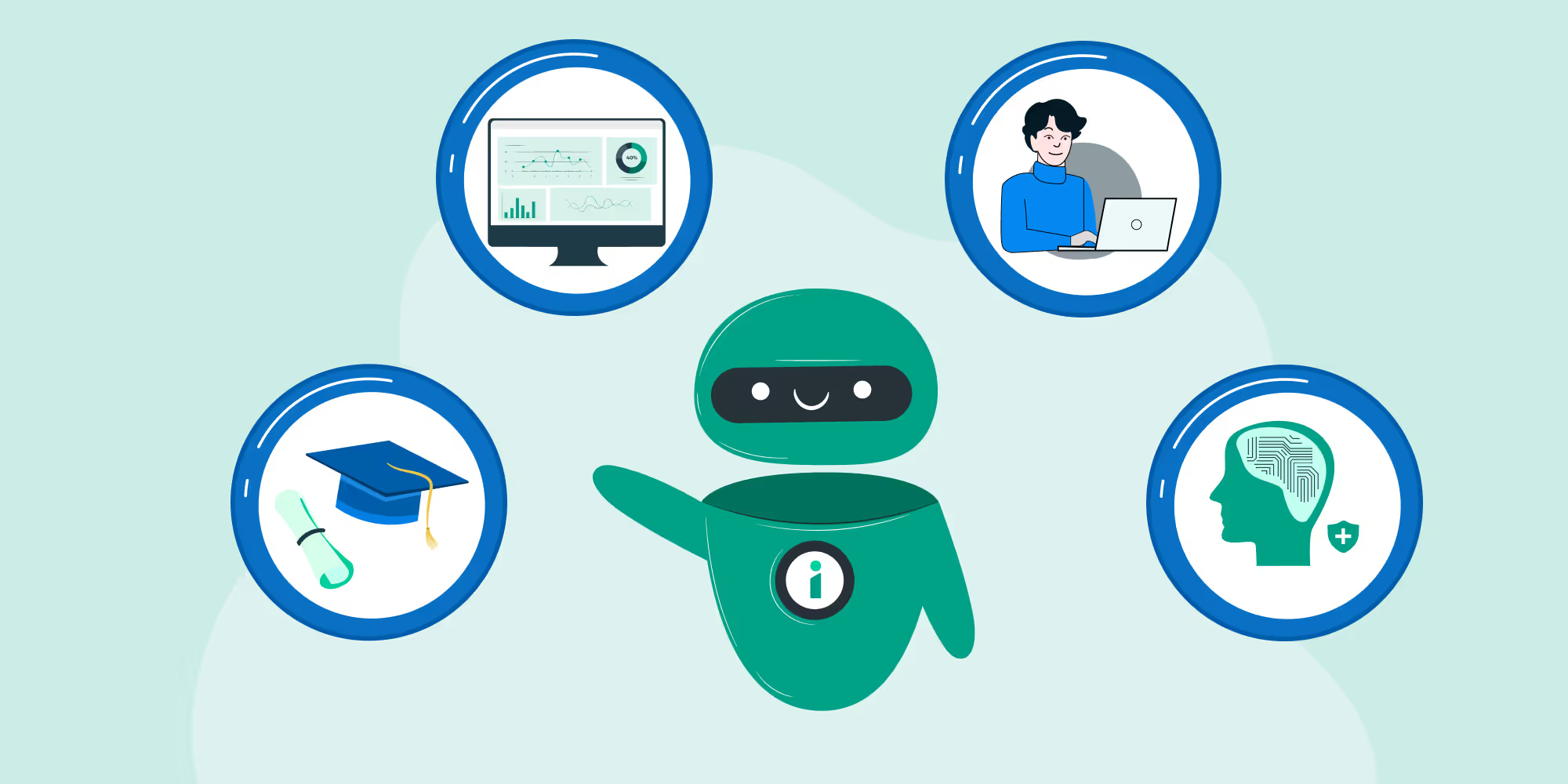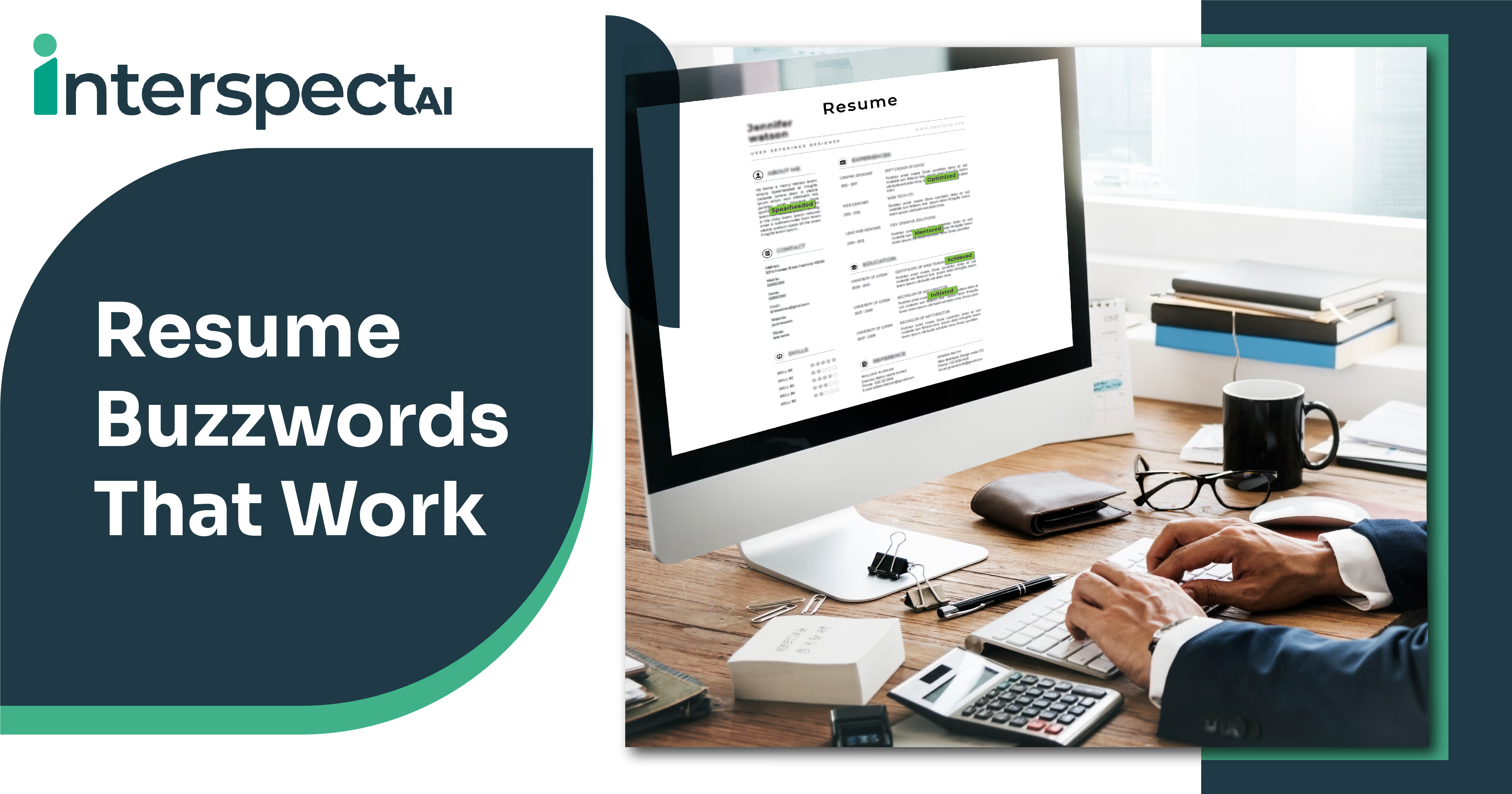Scaling Personalized Assessments with Agentic AI-powered Video Interviews



Instructors and students alike are exploring AI-assisted learning tools that make assessments more interactive and personalized.
Why? Well, take for instance a university professor who wants to give each of her 100 students a one-on-one oral exam to truly gauge their understanding.
In the past, this would have been logistically impossible – but now, AI-assisted learning tools like video interview platforms are making such personalized assessments a reality.
These agentic AI-powered e-learning technologies can simulate a live interviewer avatar on screen, adapting questions to each student’s skill level, and even providing instant feedback on responses.
The result is AI-assisted learning experiences powered by AI agents that feel tailor-made for every learner, while being scalable for the benefit of the educators.
The push for personalized assessments in the current AI age
Personalized assessments - such as oral exams or adaptive quizzes - allow students to show their understanding in deeper ways, but they’ve historically been hard to scale.
Conducting oral exams for a large class, for example, is extremely time-consuming for human instructors. This is where the push for agentic AI-assisted learning comes in. Recent advances in artificial intelligence now enable tools that can conduct and evaluate individualized assessments at scale.
In fact, researchers have found that oral assessments (like spoken exams or presentations) can greatly improve students’ understanding and critical thinking skills, and AI makes it feasible to offer these rich assessments even in courses with hundreds of students.
One exciting development is the rise of AI-powered video interview platforms for education.
These AI-powered platforms mimic a live interviewer or examiner on video. A student might respond to questions aloud on camera, and the system’s AI will analyze their answers. This format brings out the authenticity of an oral exam (you can truly hear a student explain concepts in their own words) while the AI handles the heavy lifting of delivering questions and recording or even evaluating responses.
Such oral assessment via AI has another big advantage - it naturally curbs cheating. It’s much harder for a student to use a chatbot or copy someone else’s work when they have to answer questions spontaneously in a conversation.
An oral Q&A means a student can’t simply get answers from ChatGPT – even if they tried to memorize an AI-generated answer, follow-up questions would quickly expose a lack of genuine understanding.
In other words, AI-driven oral exams encourage real learning and honesty, turning what was once a high-effort assessment into a more integrity-friendly format of assessment.
AI tools from video interviews to adaptive quizzes – how they work
AI video interview platforms for oral exams and language practice
In an AI-powered video interview assessment, students engage in a virtual “interview” or dialogue with an AI.
The platform might present a question verbally (via a synthesized voice or a recorded prompt), then use speech recognition to capture the student’s spoken answer.
Modern AI systems like Spectra can transcribe and analyze these responses instantly. For example, an AI interviewer for a history class could ask a student to discuss the causes of a historical event; based on the student’s answer, the AI could ask a relevant follow-up question or probe for more detail, much like a human examiner would.
For language learning and practice, video interview-style tools are a game changer. Consider an English as a Second Language (ESL) student practicing pronunciation - an AI language agent on a video platform can have a mock conversation with the learner, detect errors or hesitations, and provide corrective feedback on the spot.
Some AI language apps already do this - they listen to a student’s speech and then give instant pointers on pronunciation, grammar, and vocabulary usage. Students get the experience of speaking with a fluent partner (the AI), and they can repeat and practice in a low-stakes environment.
Teachers, on the other hand, receive logs or recordings of these sessions to review or to see summarized analytics. In short, video interview platforms can serve as virtual language tutors or oral exam proctors, giving learners the chance to practice speaking skills with individualized guidance while freeing instructors from having to conduct every conversation themselves.
Adaptive quizzing and AI-driven assessments
Not all personalized assessments are oral – AI is equally powerful when it comes to quizzes and tests.
Adaptive assessment systems (e.g. GRE, GMAT) use algorithms to adjust the difficulty and content of quiz questions in real time based on a student’s performance. If a student is breezing through easier questions, the system will present harder ones to challenge them; if they’re struggling, it can offer simpler questions or hints.
This creates a customized assessment path for each learner, as an adaptive quiz zeroes in on the precise level of understanding for each student much more efficiently than any fixed test.
For instance, an AI-driven placement test in a language course might start with mid-level questions; if the student gets them all correct, the AI skips ahead to advanced topics, but if the student errs, the AI drops to more basic questions to find the right level.
By adjusting on the fly, adaptive quizzing can pinpoint a student’s proficiency with fewer questions and in less time than a traditional exam.
These adaptive quiz tools often leverage techniques like natural language processing (NLP) and machine learning to analyze free-form responses as well – not just multiple choice. A student’s written explanation or short essay answer can be parsed by AI for key ideas, vocabulary, or misconceptions. Similarly, a spoken answer (from a video/audio response) can be transcribed and evaluated.
Today’s AI assessment platforms can evaluate a wide range of inputs - they might analyze an essay’s structure and grammar or check the coherence of a spoken explanation. They can even detect sentiment or confidence in a student’s voice.
While AI isn’t about to replace the nuanced grading of a human on complex essays, it can provide instant evaluation on many aspects of an answer.
For example, some platforms can automatically provide feedback in real time on aspects like whether a student’s reasoning missed a key concept, or whether their pronunciation in a speech exercise is understandable. This kind of immediate response loop turns a quiz into a learning experience itself – students don’t have to wait days for results, and instructors get data instantly.
AI-powered video interviews are becoming teaching partners
They bring the benefits of one-on-one instruction to classrooms of any size, turning passive tests into interactive conversations.
As educators look for ways to inculcate real understanding, boost engagement, and scale their efforts, these smart tools offer a path forward.
If you’re ready to see what personalized learning really looks like, start a conversation with Spectra today!
Subscribe to The InterspectAI Blog


%201.svg)






